Vegan Globetrotter is supported by our audience. When you purchase through one of our links, we may earn a small affiliate commission. As an Amazon Associate I earn from qualifying purchases. Your cost is not affected.
==================
Vegan Sources of Omega-3
I’m sure you’ve heard lots of good things about omega-3 fatty acids and how it’s great for your health. Omega-3 fatty acids can be primarily obtained from consuming meat and meat produce, like fish, fish oils, etc. Now, if that’s true, most likely you are wondering how can vegans get omega 3. Well, in this article, I will discuss more about that.
Let’s start by debunking the myth that you can only get omega-3 from meat sources because many plant foods are actually high in omega-3! This article will tell you all about what omega-3 is, why you need it, and where to get omega-3 as vegans.
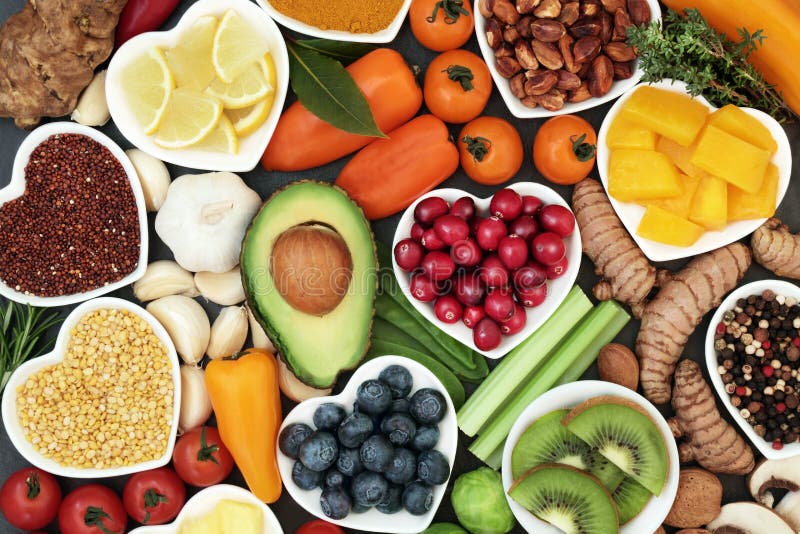
What is omega-3?

Did you know that not all fats are bad for your body? Omega-3 fatty acids are some of the best nutrients you can put in your body! Omega-3 fatty acids refer to a family of polyunsaturated fats that can significantly benefit human health by decreasing the likelihood of catching deadly diseases.
Essentially, there are three primary types of omega-3, alpha-linolenic acid (ALA), eicosapentaenoic acid (EPA), and docosahexaenoic acid (DHA). Because they are fatty acids, it means that your body does not produce them, so you need to consume these fatty acids to maximize their benefits.
To get them, you can consume ALA, and your body will convert some of these fatty acids into small amounts of EPA, then DHA – both of which are proved to be good for heart and blood health. But where can you get ALA? Good news for us, vegans; ALA is pretty abundant in many plant-based foods.
The key is to incorporate plant-based foods with omega-3 fatty acids content into your daily meals to get an adequate amount of omega-3 for your health. That doesn’t sound so hard, does it?
Do I need omega-3?
 All of us need omega-3 in our bodies as it can aid in ensuring that we’re free from chronic illnesses. Studies have proved that omega-3 is highly beneficial to your overall health, especially heart and blood vessels. In fact, in countries where sources of omega-3 are abundant (like Japan), there are significantly fewer cases of heart attack, heart diseases, etc.
All of us need omega-3 in our bodies as it can aid in ensuring that we’re free from chronic illnesses. Studies have proved that omega-3 is highly beneficial to your overall health, especially heart and blood vessels. In fact, in countries where sources of omega-3 are abundant (like Japan), there are significantly fewer cases of heart attack, heart diseases, etc.
Other illnesses that you can avoid or fight by consuming foods rich in omega-3 are:
- Cardiovascular diseases – The American Health Association suggests that people with heart diseases consume one gram of EPA and DHA per day. In contrast, people with no heart illnesses should consume foods rich in EPA and DHA to help prevent some heart problems.
- Dementia, Alzheimer’s disease, and cognitive dysfunction – Some studies are claiming that omega-3 helps older people in developing these kinds of mental illnesses.
- Infant-related health and growth problems – Pregnant women should consume foods rich in omega-3 because it can aid in the healthy development and intelligence of the infant.
However, remember that omega-3 can significantly help maintain good health only if taken in moderate and adequate amounts only. Adults are recommended to take about 1.6 grams of ALA for men and 1.1 grams for women daily. Pregnant or breastfeeding teens and women should take approximately 1.3 to 1.4 grams of ALA every day.
What vegan foods have omega-3?
How do vegans get omega-3 fatty acids? The answer lies in the kinds of plant foods we eat. If you know which vegan foods contain omega-3 or ALA, you can easily plan your diet to include these healthy omega-3 sources.
With that being said, here are some vegan foods that have omega-3!
Chia Seeds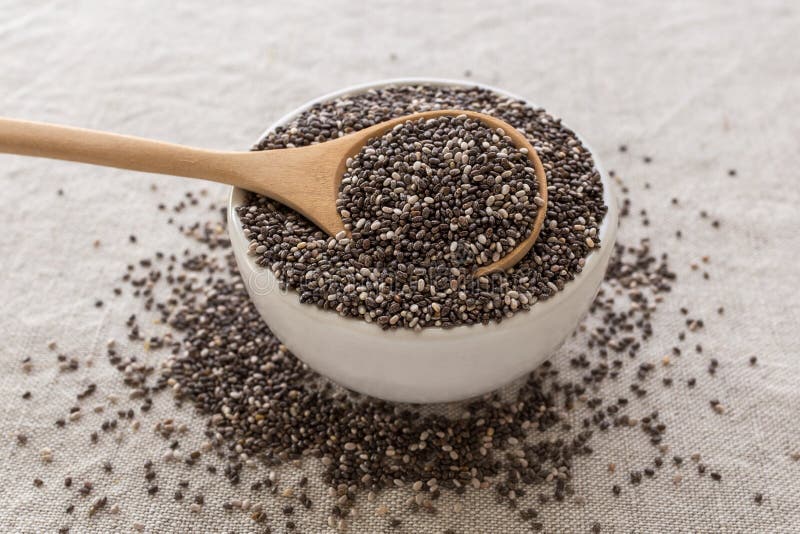
This shouldn’t surprise you, as we know Chia seeds to be highly beneficial to the human body. But in case you didn’t know, Chia seeds are a great source of fiber, protein, and of course, ALA omega-3 fatty acids. A single ounce or 28-gram serving of Chia seeds contains about 5.055 grams of ALA, which is a lot.
Thanks to the hype it got from social media over the recent years, you can easily find or even grow Chia seeds. Moreover, you can add them as ingredients for anything under the sun – to your cereal, beverages, salads, smoothies, and even your water bottle! If Chia seeds aren’t the most versatile food ever, then I don’t know what is.
Walnuts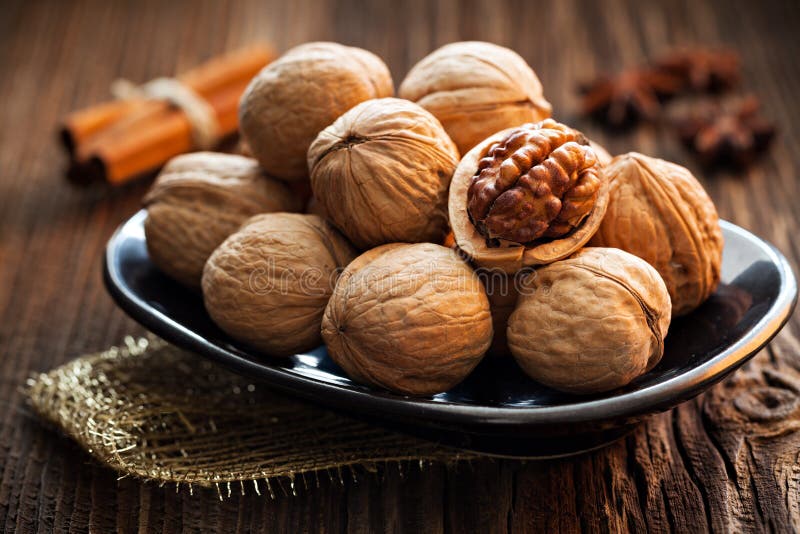
Like many nuts that are popularly known to be superfoods, walnuts are insanely good for your health because of their omega-3 and other nutritious contents. Studies prove that walnuts are great for people with high blood pressure and trying to lose weight. Walnuts are also good for aging and gut health.
An ounce walnut serving is equivalent to 2.7 grams of omega-3 fatty acids, twice the suggested daily intake of omega-3 for adult women. It’s not hard to think of ways to incorporate walnuts into your diet, as you can easily use them as topping to your favorite vegan meals. It’s as simple as that!
Seaweed or Algae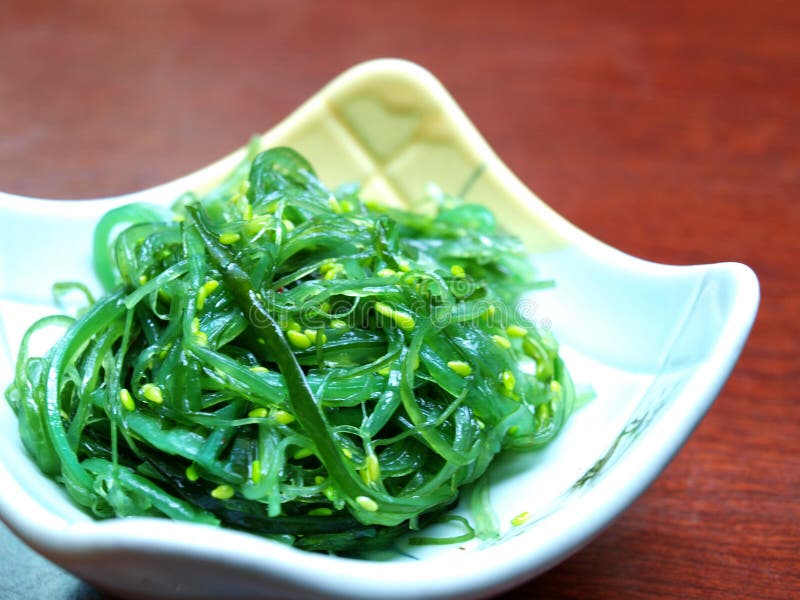
You have many options for the seaweed diet because there are various seaweeds, all of which contain omega-3 fatty acids. Seaweed, spirulina, chlorella, and nori are all sea-based algae you can consume for your daily intake of omega-3. These seaweeds are incredibly healthy and good for you because they naturally contain DHA and EPA, unlike other plant groups.
Aside from omega-3, seaweeds are rich in protein and iodine, making them great for battling diabetes, thyroid problems, and other chronic illnesses. Nori is often found in sushi, seaweeds can be eaten as is, and Chlorella and spirulina are tasty additions to your smoothies or salads. You can find seaweeds or algae in any local grocery or online store.
Hemp Seeds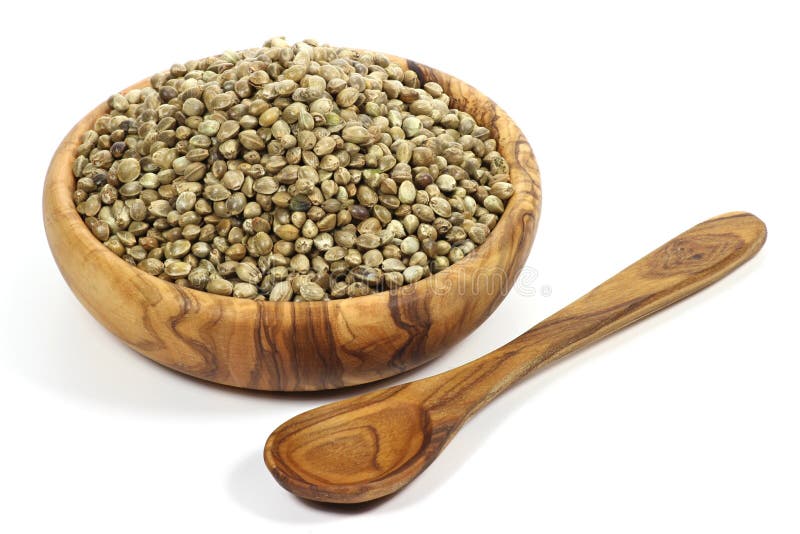
These things, which are sometimes referred to as hemp hearts, are insanely good for your health. Hemp seeds are excellent sources of protein, iron, zinc, magnesium, and of course, omega-3 fatty acids. Several studies say that hemp seeds contribute a lot to heart health, skin, and the digestive system. All that while being delicious and sweet!
Three tablespoons of hemp seeds hold approximately 2.605 grams of ALA omega-3. You can add them to your diet as freely as you please. But because of their sweetness, they’re more ideal for including in your smoothies, granola, oats, or salads.
Kidney Beans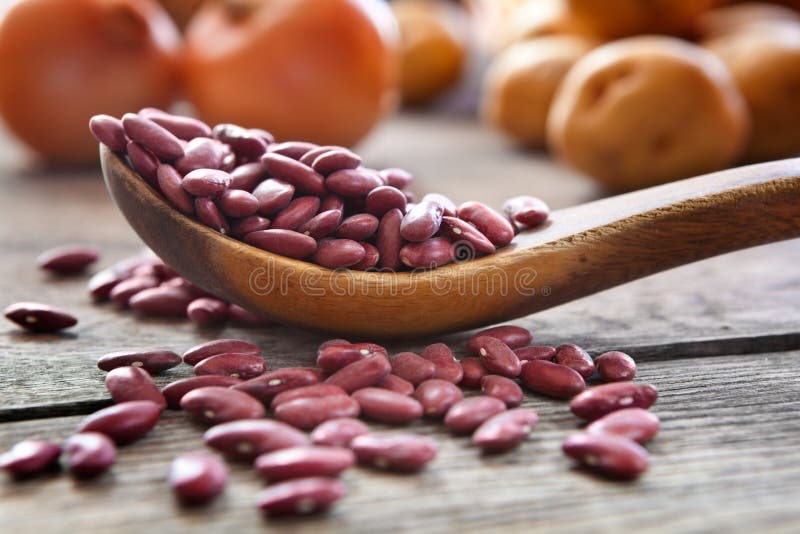
Kidney beans are not the best source of omega-3 fatty acids as it contains just about 0.10 grams of omega-3 for every half-cup of kidney beans. That is only 10% of the recommended average daily intake of omega-3 for adult men and women. But don’t you underestimate these kidney beans!
Putting aside the tiny amount of omega-3 content of kidney beans, they are essential sources of folate and iron, which are nutrients that can make kidney beans superfoods for pregnant teens and women. Aside from those, you can use them as sources of plant protein and fiber. That’s pretty awesome, in my opinion.
And if that’s not enough, kidney beans are highly versatile as you can add them to many different cuisines. People mainly add them to stews, soups and are eaten with rice.
Brussel Sprouts 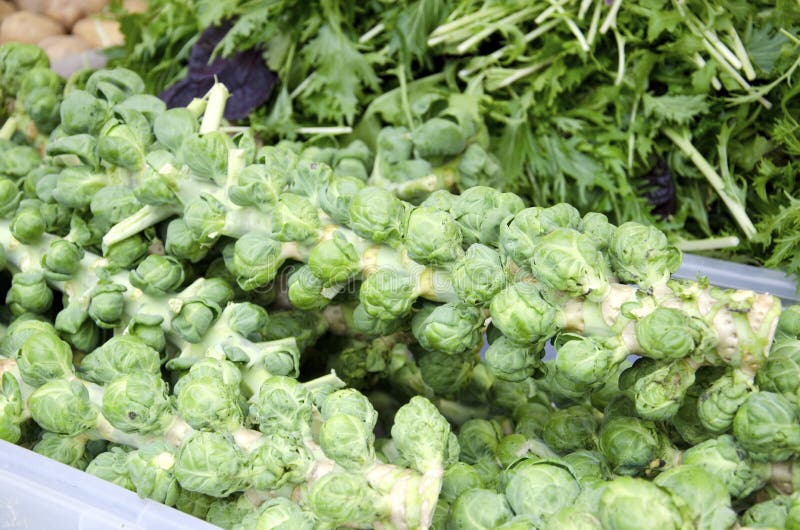
To add to your list of highly nutritious vegan foods, here are Brussel sprouts. They contain vitamin C, vitamin K, lots of fiber, and a good amount of omega-3 fatty acids. Because of their highly nutritious contents, Brussel sprouts are associated with several health benefits.
According to nutritionists, half a cup of uncooked Brussel sprouts is equivalent to around .44 grams of ALA omega-3, which is more than three times more than the recommended daily intake for adults. However, if cooked, half a cup of these goodies contain 1.35 grams of omega-3. How about that?
Soybean Oil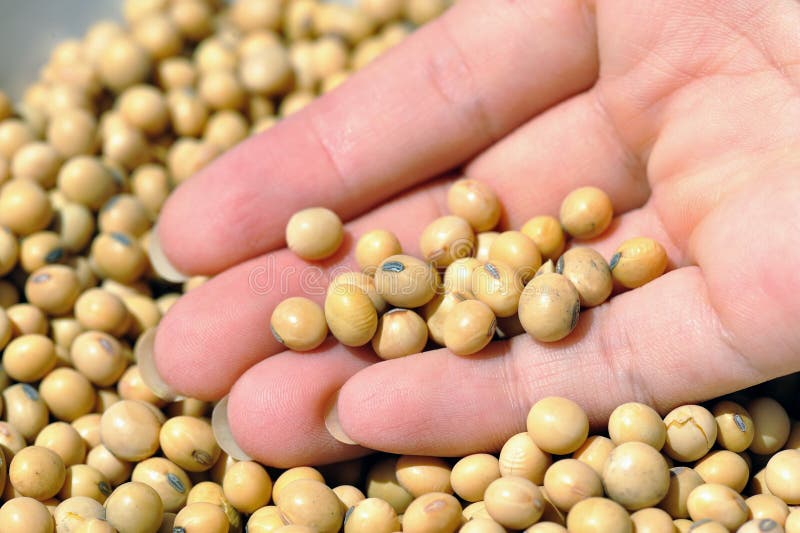
Fish oils are one of the best sources of omega-3, but since we don’t touch those foods as vegans, we must have an alternative. Vegetable oils will save our day! Specifically, we are talking about soybean oil because not all vegetable oils have omega-3 fatty acid contents.
Soybean oil holds about 0.923 grams of ALA omega-3 for each tablespoon. Usually, these oils are used as ingredients for meals or salads, but they are also great for cooking. You can also get riboflavin, potassium, folate, vitamin K, and magnesium from consuming soybean oil.
Flaxseeds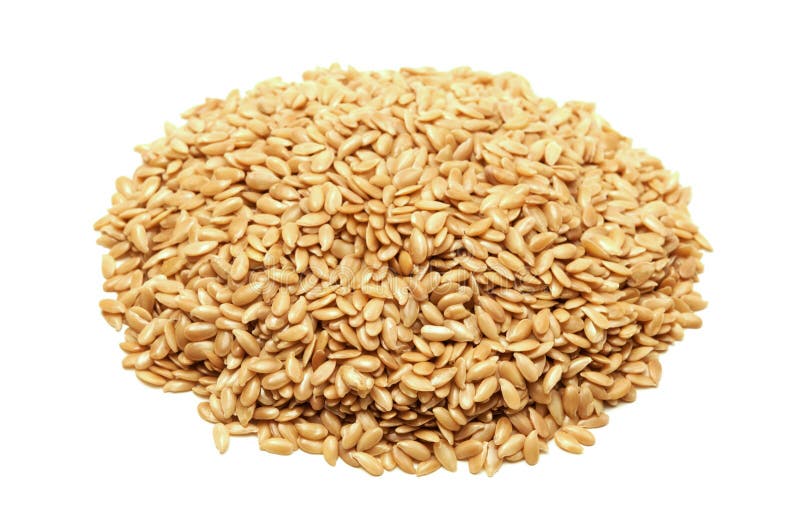
If you’re looking for the best source of omega-3 fatty acids, flaxseeds are your best bet! A single tablespoon of flaxseeds has about 6.703 grams of omega-3, which is one gram more than the amount you get from an ounce of Chia seeds. Moreover, you can incorporate them into your diet by including them in your salads, cereals, or oatmeals.
In addition, aside from omega-3, you can also benefit from consuming flaxseeds as they contain fiber, protein, magnesium, manganese, and lots of protein.
Conclusion:
Did you see your favorite vegan food on this list? I’m sure you’ll love them even more now that you know how healthy they are for you. There are many other sources of omega-3 fatty acids, which are vegan or plant-based, so feel free to do your research and explore the many possibilities!
How would you incorporate plant-based foods with omega-3 in your daily meals? Share with us some of your great ideas!
Read More:
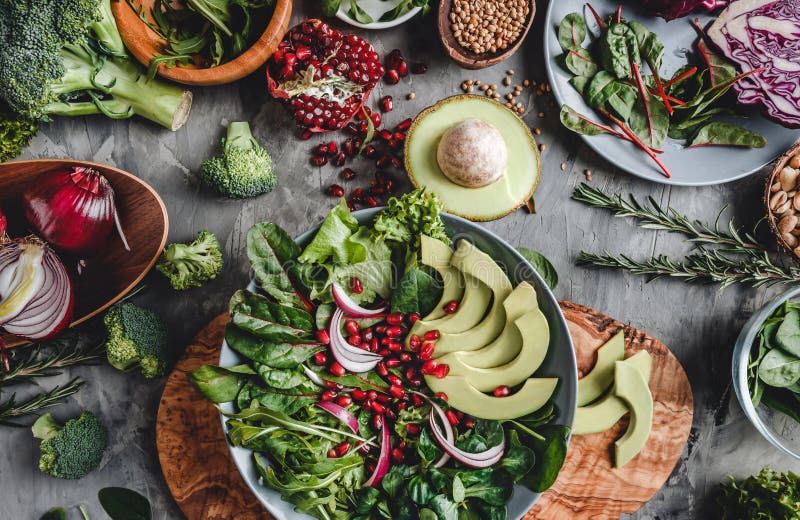



Don't miss out
when new recipes and information are added!
Join our newsletter for free recipes,
healthy living inspiration, and special offers
You have Successfully Subscribed!